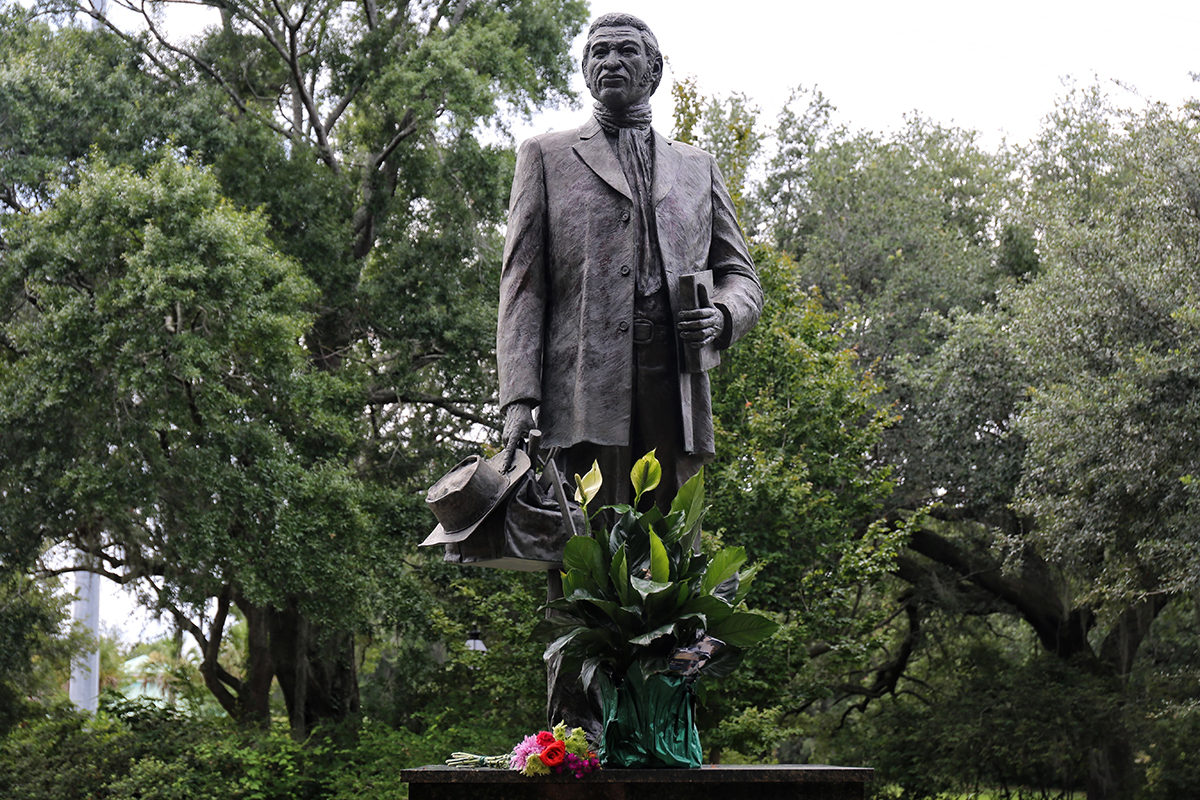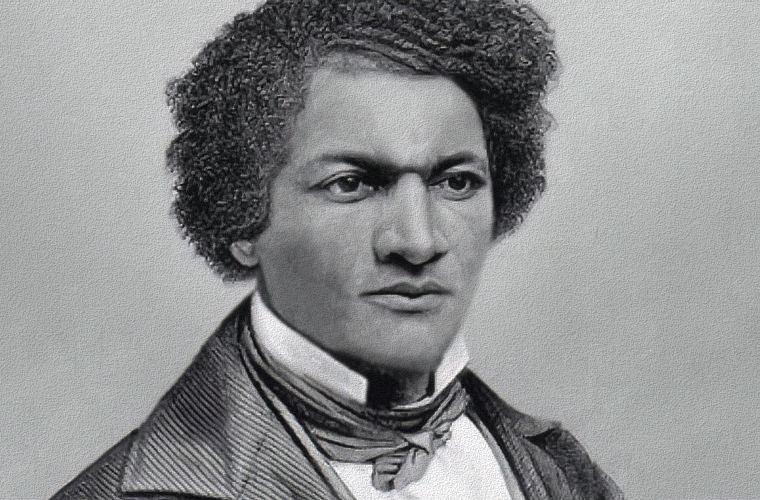Denmark Vesey, also known as Telemaque, was a prominent figure in African-American history. He was born around 1767 in the West Indies, most likely on the island of St. Thomas, which was then a Danish colony. Vesey was enslaved and brought to Charleston, South Carolina, in the United States.
Vesey’s life took a significant turn when he won a lottery in 1799. With the money, he purchased his freedom and became a skilled carpenter. Over time, Vesey became deeply committed to the abolitionist cause and began organizing enslaved African Americans in Charleston.

In 1822, Vesey and a group of followers planned a major slave rebellion in Charleston. The plot involved seizing control of the city, taking hostages, and sailing to Haiti, where they hoped to establish a free black society. However, the conspiracy was discovered before it could be executed. Vesey and dozens of his co-conspirators were arrested and put on trial.
Following a sensational trial, Vesey and 34 others were convicted and executed in July 1822. The authorities also interrogated and punished many other African Americans suspected of involvement in the plot. In the aftermath of the failed rebellion, Charleston and other Southern cities tightened their restrictions on enslaved individuals and freed black people, fearing further uprisings.
Denmark Vesey’s legacy remains significant in African-American history. He is remembered as a symbol of resistance against slavery and oppression. His bold attempt to organize a large-scale rebellion serves as a testament to the resilience and determination of enslaved people seeking freedom. Vesey’s story highlights the complexity and courage of those who fought against the institution of slavery in the United States.

